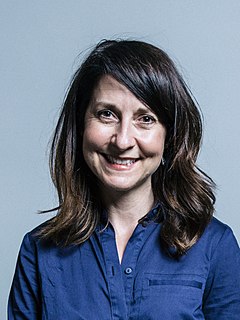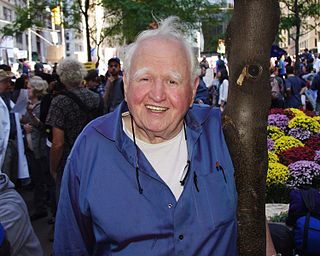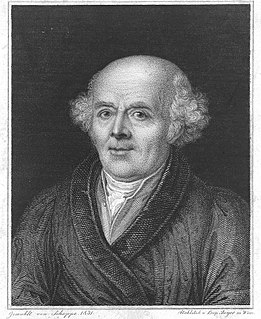A Quote by Liz Kendall
I've seen phenomenal work in Leicester where people with chronic obstructive pulmonary disease use telecare to measure their own oxygen levels, and if they need to change their meds they get a phonecall from a nurse who has seen the results of their readings.
Related Quotes
The quality of health care in Germany is not as good as people sometimes believe it to be. We have problems with chronic diseases. The German system allows too many hospitals and specialists to treat chronic diseases. We do not have enough volume in many institutions to deliver good quality, and we do have fairly strict separations ... between primary physicians, office specialists and hospital specialists. But I think the quality problems can be solved in the next couple of years, and we have made major progress in diabetes, coronary artery disease and pulmonary disease care.
Some people have set up sort of "gotcha" algorithms that apparently crawl through psychology articles and look for fraudulent p-values [a measure of the likelihood that experimental results weren't a fluke]. But they're including rounding errors that don't change the significance levels of the results, and they're doing it anonymously.
Every effective drug provokes in the human body a sort of disease of its own, and the stronger the drug, the more characteristic, and the more marked and more violent the disease. We should imitate nature, which sometimes cures a chronic affliction with another supervening disease, and prescribe for the illness we wish to cure, especially if chronic, a drug with power to provoke another, artificial disease, as similar as possible, and the former disease will be cured: fight like with like.
No, that nurse ain't some kinda monster chicken, buddy, what she is is a ball-cutter. I've seen a thousand of 'em, old and young, men and women. Seen 'em all over the country and in the homes- people who try to make you weak so they can get you to toe the line, to follow their rules, to live like they want you to. And the best way to do this, to get you to knuckle under, is to weaken you by gettin' you where it hurts the worst.
If you ever really want to get away from it all and see something that you have never seen, and have an excellent chance of seeing something no one has ever seen, get in a sub. You climb in, seal the hatch, turn on a little oxygen, turn on the scrubber, which removes the CO2 in the air you breathe, and they chuck you overboard. Down you go.
I have seen war. I have seen war on land and sea. I have seen blood running from the wounded. I have seen men coughing out their gassed lungs. I have seen the dead in the mud. I have seen cities destroyed. I have seen 200 limping, exhausted men come out of line—the survivors of a regiment of 1,000 that went forward 48 hours before. I have seen children starving. I have seen the agony of mothers and wives. I hate war.


































